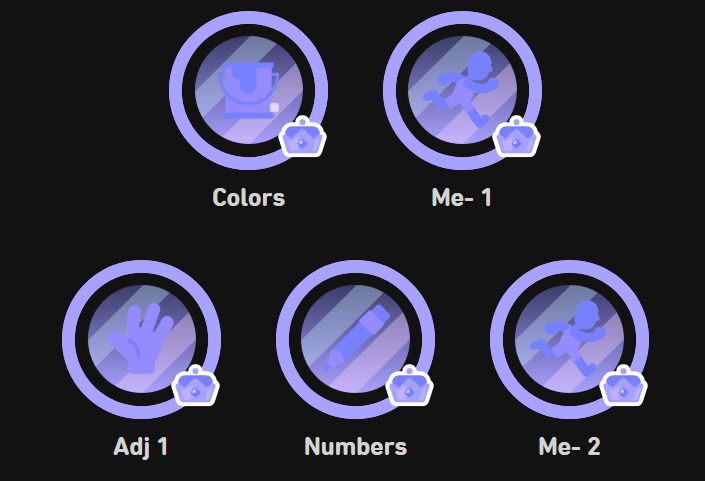Post History
Verbs with "me-" as a prefix are active verbs. In the definition of active verbs: Active verb is a term in traditional English grammar for a verb used primarily to indicate an action, process, o...
#1: Initial revision
Verbs with "me-" as a prefix are active verbs. In the definition of active verbs: > **Active verb** is a term in traditional English grammar for a verb used primarily to *indicate an action, process, or sensation as opposed to a state of being*. In sentences I got to in Duolingo, most of them used the "me-" prefix to give a present tense verb. An example I created is: - "Saya makan makanan." - "I eat food." - "Saya memakan makanan." - "I am eating food." Using "me-" is a bit complicated, because it requires a spell change on the base verbs just to create a smoother pronunciation for speakers. Depending on the starting letter of the base verb, "me-" would get an additional letter/s and said starting letter will be dropped off of the verb to make the word. Some examples are: - "tulis" (write) - "menulis" (to write) - "hilang" (lost) - "menghilang" (disappear) - "beri" (give) - "memberi" (to give) As seen in the 2nd example, an adjective can turn into a verb through "me-". There are many forms of these: - "panjang" (long) - "memanjang" (to become longer) - "besar" (big) - "membesar" (to become bigger) Even nouns and places can have "me-" to express a new meaning. - "cat" (paint) - "mengecat" (to paint) - "darat" (ground/land) - "mendarat" (to land) - "seberang" (across) - "menyeberang" (to cross) The numbers one and two can be turned into verbs too: - "satu" (one) - "menyatu" (unite) - "dua" (two) - "mendua" (split in two) So basically, the prefix "me-" can create active verbs and verbs from other words. > Sources of research: > - [Kiwix (Campus): How the prefix "me-" works](https://zims-en.kiwix.campusafrica.gos.orange.com/wikibooks_en_all_maxi/A/Indonesian/prefix_me) > - [Duolingo](https://www.duolingo.com/learn) (you'll need to get to "Me- 1" for an understanding of it) > 


















